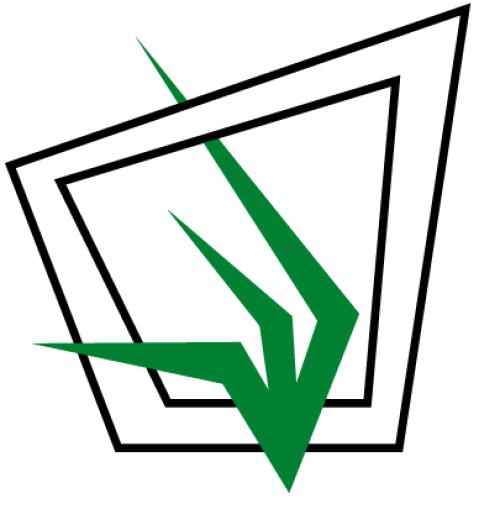The relative importance of breed versus rearing experience on the grazing behaviour and diet selection of beef cattle when grazing unimproved grassland was examined over 4 years. Suckler-reared calves of a traditional (T) breed (North Devon) or a commercial (C) breed (Simmental x Hereford Friesian) were cross-fostered and then reared either extensively (E) on unimproved grassland or intensively (I) on agriculturally improved fertilized grassland. As yearlings, the four groups of calves (Traditional breed + Extensive rearing (TE); Traditional breed + Intensive rearing (TI); Commercial breed + Extensive rearing (CE) and Commercial breed + Intensive rearing (CI)) grazed unimproved grassland dominated by Molinia caerulea, for 2 months, and foraging behaviour was studied in a test phase. There was a breed effect on total (bites + chews; TJM) jaw movement rate (T, 78·2 vs. C, 76·5 min?1; F prob. = 0·041) during grazing and on the proportion of bites taken from plant communities with sward height ?6 cm (T, 0·83 vs. C, 0·76; F prob. = 0·018). Rearing experience affected TJM rate in the first year in July (E, 80·0 vs. I, 76·8 min?1; F prob. = 0·015) and August (E, 78·5 vs. I, 75·5 min?1; F prob. = 0·046). The intensively reared animals grew less well on average during the test phase than those that had previous experience of the unimproved grassland as calves with their mothers (E, 0·16 vs. I, 0·09 kg day?1; F prob. = 0·033). Our findings indicate that the rearing experience of livestock appears to be as important as the breed when designing grazing managements for nature conservation areas.

Journal articles from the Grassland Society of Southern Africa (GSSA) African Journal of Range and Forage Science as well as related articles and reports from throughout the southern African region.